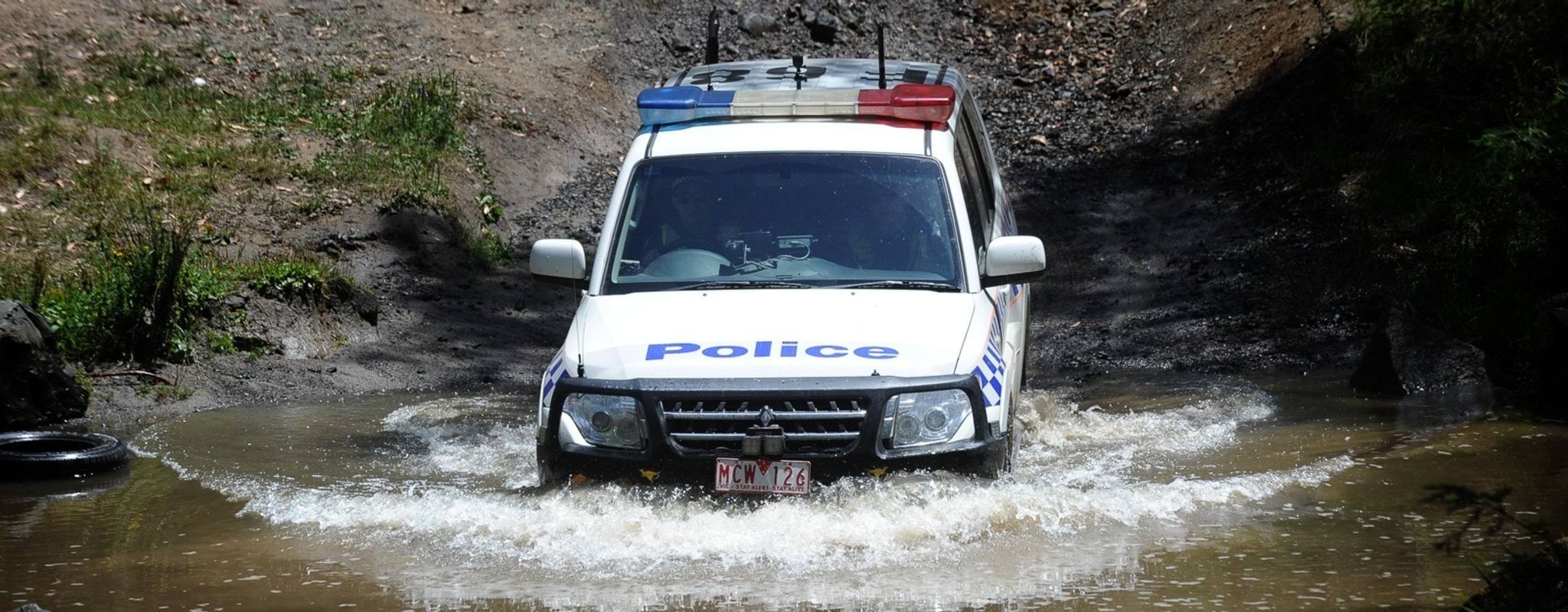Victoria Police recommend that you always plan ahead before travelling.
Always leave a trip intention form with someone who can raise the alarm if you do not make it back in time.
You never know when the weather might change. We recommend you always pack:
- extra food
- water
- clothes for stormy conditions.
If you are lost or require help, phone Triple Zero (000).
Trip intentions form
Filling out a trip intentions form could save your life.
The form should be completed and left with a reliable friend, family member or responsible authority. The contact person you nominate will raise the alarm if you haven't returned or contacted them by the time indicated on the form.
Plan your trip
Plan your trip before leaving by:
- researching the area using a current map
- asking advice from experienced walkers and local authorities
- understanding the environment you are entering into and the risks associated with it
- planning ahead for unexpected factors.
Emergency response and rescue can sometimes take a while to reach you. Always have an emergency plan factored into your trip.
Visit the below sites for more information about your specific travelling environment.
- Parks Victoria (13 19 63)
- Snowsafe(opens in a new window)
- Bushwalking Victoria(opens in a new window)
- Visit Victoria(opens in a new window)
- Four Wheel Drive Victoria(opens in a new window)
- Trip Intentions(opens in a new window).
Know your limitations
Take into account:
- your physical ability and medical conditions
- your experience, skills and knowledge of the area.
Trip intention plan
- Leave a copy in your vehicle and with a reliable person.
- Notify that person if your plans change.
- Fill out a trip intentions books if available.
Water
- Always carry sufficient water.
- Take into account if you will be staying overnight.
- Carry more water than you will need and plan for emergencies.
- Stay hydrated at all times.
- Do not rely on creeks unless you have reliable information.
Food
Carry sufficient food for the entire trip and pack extra in case of emergencies.
Clothing
- Dress for all weather and terrain conditions.
- Bring extra clothing and have wet weather clothing available.
- Always have enough clothing to cover you in an emergency situation.
- Remember that weather conditions in wilderness environments are sometime unpredictable.
Navigation
- Always have a manual map and compass.
- GPS and mobile phones help but they should not replace preparation, as you may unexpectedly fall out of GPS range.
- Bushwalking clubs are a good way to advance your experience and knowledge.
Certain GPS's have satellite messaging and SOS via inReach. These additional functions allow you to:
- send and receive messages in areas without cell service
- share your current track
- access weather forecasts
- initiate rescue services.
Weather
Always check a current weather report before leaving.
Do not only rely on the weather forecast, and plan for extreme scenarios by carrying extra food, water, clothing and equipment.
Suggested equipment list
- Suitable backpack.
- Current map and compass, and learn how to use them before leaving on your trip.
- GPS and extra batteries.
- Power bank.
- Headlamp, spare batteries and bulb.
- Whistle.
- Correct clothing (seek advice from outdoor stores and bushwalking clubs).
- Extra clothing.
- Extra food and water.
- Correct footwear. You should wear in new shoes before long bushwalks.
- Waterproof matches and container.
- Candle/fire starter.
- Pocketknife.
- First aid kit for individuals and the group.
- Tent or bivvy bag.
- Large rubbish bag for emergency shelter and keeping equipment dry in your pack.
- Notebook and pencil.
- Sun care such as sunglasses, sun hat and sunscreen.
- Mobile phones (be aware it will not always have coverage).
- Emergency position indicating beacon. Use the distress beacon registration form to register your beacon.
Common factors which contribute to persons being lost
- Lack of planning or no planning of trip.
- Hazardous terrain such as cliffs and rivers which may cause delay or injury.
- Poor weather in area of search.
- Experiencing hypothermia or hyperthermia.
- Poor equipment, failure of equipment or inappropriate equipment for the area.
- Lack of skill or physical ability navigating a particular terrain.
- Fatigue leading to poor decisions or injury.
- Poor physical health.
- Lack of food or water, which can contribute to fatigue and poor decision making.
- Medical emergencies resulting from a pre-existing condition or an accident during the trip.
- Over reliance on technology (GPS and mobile phones can lose battery or have no coverage).
- Underestimating the time or skill required for a route, causing delay.
- Failure to identify terrain hazards.
- Failure to carry a map or compass, contributing to disorientation.
- Lack of leadership in a group resulting in an inability to make quick decisions.
What to do if you become lost
If you are unable to find your way back to where you started, seek assistance. Be aware it can take a considerable time for rescuers to reach you.
- Stay calm.
- Stop and think.
- Re-check your navigation and map.
- Re-trace your steps for a short distance.
- Locate your last known point if possible.
- Gain some height to assist in orientation.
- Find shelter to stay warm and dry.
- Stay in one place.
- Attempt to make your position visible to land and air searchers - fire or bright clothing in an open area that can be seen by air searchers.
- If you are in a group stay together, never separate.
- Ration your food and water if necessary.
Updated
